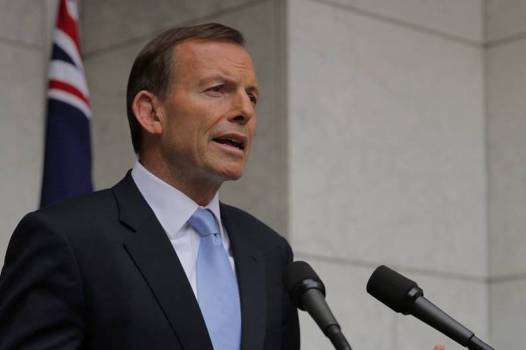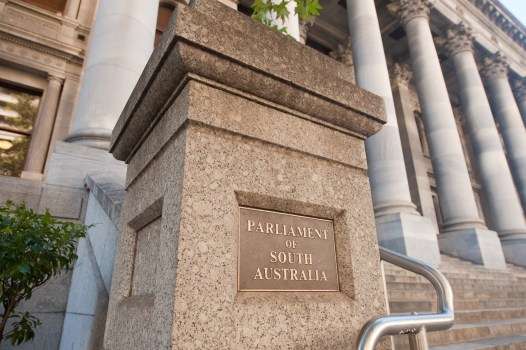.jpg) |
| Parliamentary Secretary for Disabilities and Children's Services, Bill Shorten. Image: Eddie Misic. |
By Angela Dorizas
Governments at all levels should be doing more to improve disability services in Australia.
That was the message from Parliamentary Secretary for Disabilities and Children’s Services, Bill Shorten, in his address to the Australian Local Government Association (ALGA) national general assembly.
“If you believe that demography is destiny, then people with disability are among the most neglected Australians in our society,” he told conference delegates.
“The Federal Government needs to do more and the state governments need to do more, but dare I suggest to you that local government also needs to do more.”
Mr Shorten told Government News that people with impairment were on the “bottom of the pile” of almost every set of economic indicators.
“There are lots of points of progress, but there is no point in deceiving ourselves,” he said.
“You look at any set of equity indicators and economic indicators, people with impairment are bottom of the pile, coming last in the queue."
He said there were currently two million Australians affected by disability, 1.5 million of which were affected by severe or profound impairment – and those figures are set to dramatically increase with growth and ageing of the Australian population.
“If there are 1.5 million Australians with a severe or profound disability now in the next 20 years there will be 2.3 million Australians and the ratio of carers is going to decrease by half,” he said.
Mr Shorten said disability in Australia was an “iceberg issue” that had been neglected on both political and policy agendas.
He added that it was his ambition to make disability services an election issue, adding that is was already gaining momentum at a federal level.
“It’s an issue in the community, it’s a matter of making it a political issue,” Mr Shorten said.
“We’ve increased the pension, we’ve doubled the amount of money we give the states, we’ve got a national disability strategy coming up and we’re going to make some big announcements about design of houses going forward, which are positive and consensus based between the property industry and people with disabilities.”
Mr Shorten called on local government to partner with the Federal Government in improving disability services.
“Nothing is going to change long term without the cooperation of local government,” he said.
“This is an issue that local government needs to participate more actively in.”
He urged local government to examine their own workforce and proactively recruit people with a disability.
“The greatest barrier that people with impairment face is not their impairment, it’s the discriminatory and prejudicial attitudes of others, including employers,” he told Government News.
“We’ve uncapped all the places in the disability employment services – and that’s a good thing – but I think a lot more needs to be done by industry, including government, in employing people with disabilities.
“Brisbane City Council does it really well,” he added.
Mr Shorten urged councils to also ensure that their built environments reflected the needs of the whole community and local infrastructure, such as swimming pools, libraries and playgrounds were accessible to people with a disability.
Click here to comment on this story
Comment below to have your say on this story.
If you have a news story or tip-off, get in touch at editorial@governmentnews.com.au.
Sign up to the Government News newsletter


